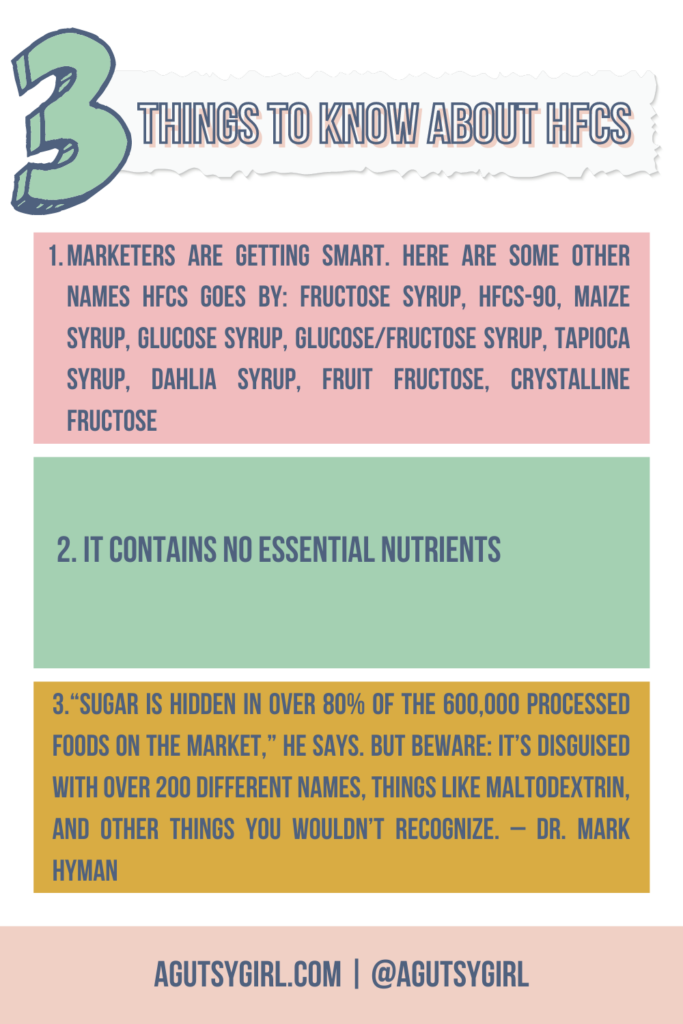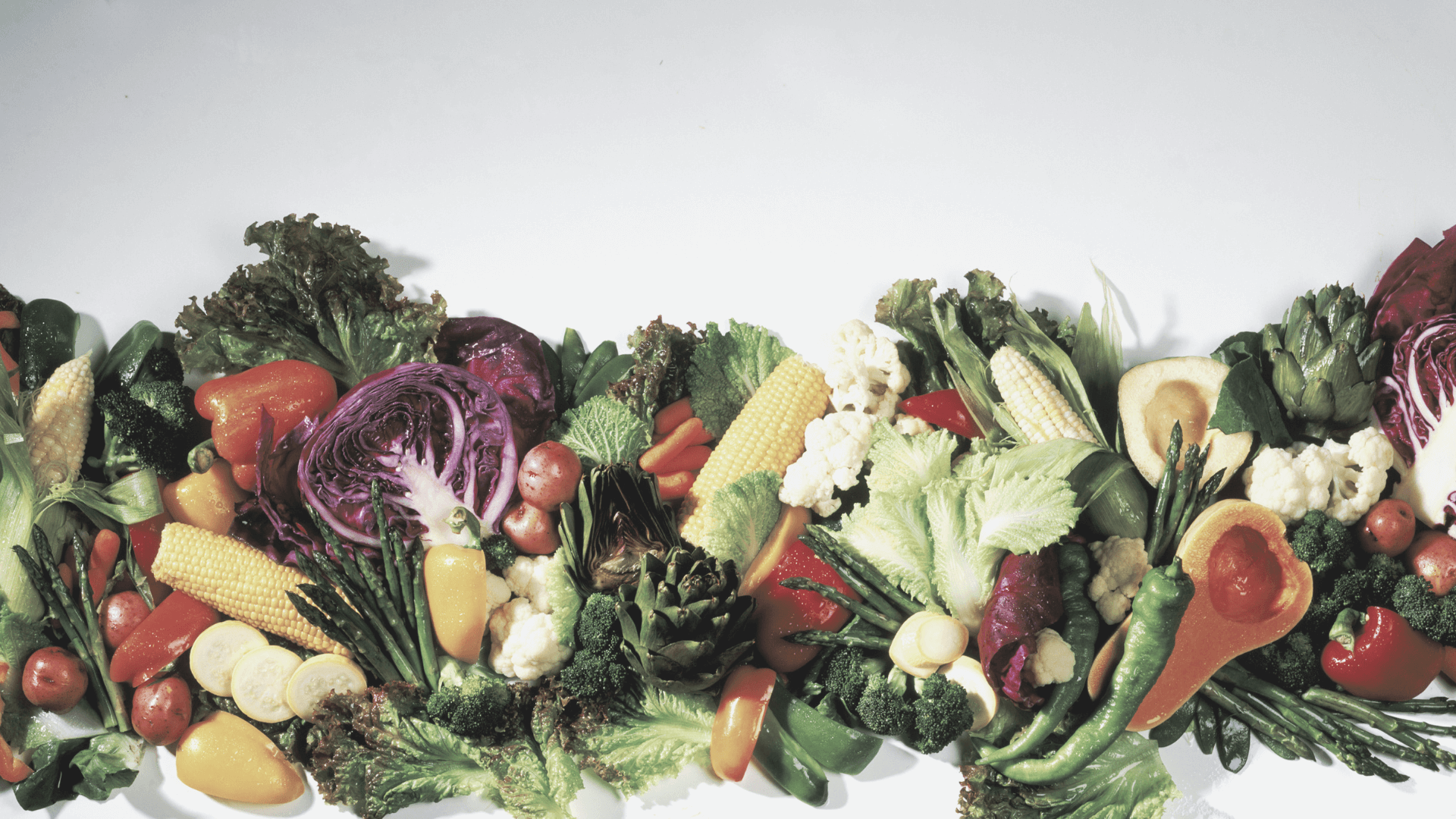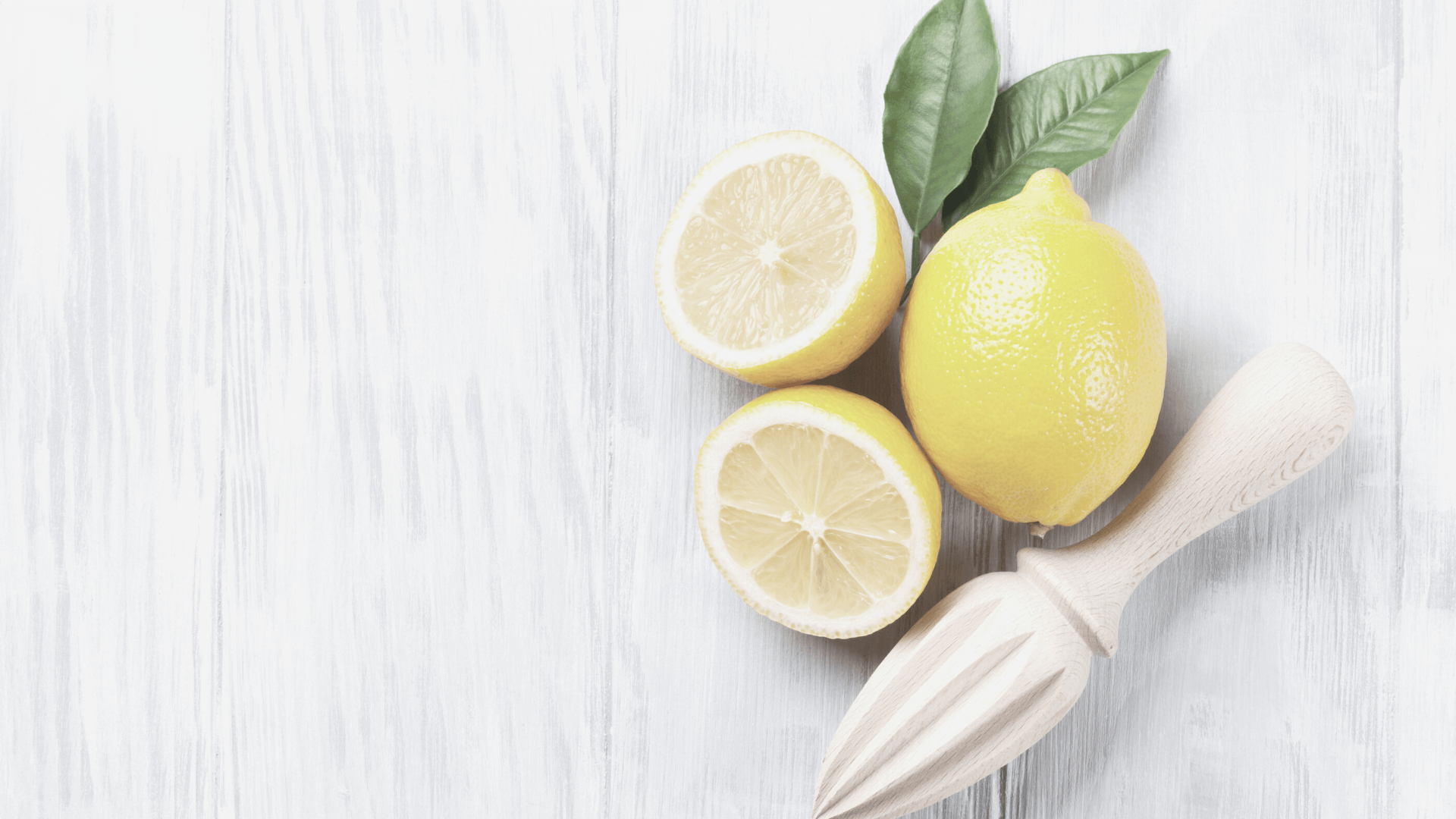Could this sneaky ingredient, corn syrup, be contributing to your leaky gut?
I would not be doing my job if I didn’t share this information with you. Because this is exactly what it is – information about something as it pertains to your gut and the healing (or lack thereof) of it.
My intentions are never to have you act out of fear.
Nelson Mandela said it best,
May your choices reflect your HOPES, not your FEARS.
Honestly, you’ll heal far faster when you stop acting out of fear.
Believe me.
With that, let’s chat about corn syrup today.
What is corn syrup?
Corn syrup is made by extracting glucose from corn and processing it into a syrup.
It is a nutritive sweetener meaning it contains calories (not that it is nutritious).
To note, though, corn syrup is not the same as high-fructose corn syrup (HFCS) which is made by converting glucose in corn syrup into fructose.
Corn syrup or HFCS is usually added to foods to make them thicker, sweeter, and fresher for longer.
Since the 1970s, HFCS has been used by companies to produce a cheaper product since corn-derived sweeteners are less expensive than sugar cane sweeteners.
In fact, most maple syrups include corn syrups with maple flavoring as a cheaper alternative to real maple syrup.
3 things to know about HFCS:

- Marketers are getting smart. Here are some other names HFCS goes by: fructose syrup, HFCS-90, Maize syrup, Glucose syrup, Glucose/fructose syrup, Tapioca syrup, Dahlia syrup, Fruit fructose, Crystalline fructose
- It contains no essential nutrients
- “Sugar is hidden in over 80% of the 600,000 processed foods on the market,” he says. But beware: it’s disguised with over 200 different names, things like maltodextrin and other things you wouldn’t recognize. – Dr. Mark Hyman
High Fructose Corn Syrup and Leaky Gut
Click HERE to save this post for later.

Numerous studies have linked HFCS to inflammation, obesity, heart disease, diabetes, and cancer. If that wasn’t enough to have you reconsider HFCS, as a gutsy girl maybe this next part will!
Researchers found that increased HFCS metabolism in the small intestine decreases the expression of proteins made by cells in the gut lining that maintain a healthy gut barrier (source).
To put it simply, this research shows that HFCS makes the gut more vulnerable to leakiness.
A loose or “leaky” gut barrier is the root cause of leaky gut.
Tight junctions in the gut lining provide a layer of defense in the gut against toxins and bacteria from being absorbed into the blood.
When these junctions are leaky, the body’s defense mechanisms are weakened.
Remember, I wrote an entire book on Leaky Gut, so I know a thing or two about it. Click HERE for the overview of “What is Leaky Gut?”
How do we know it’s HFCS that’s problematic and not fructose itself?
Before you label all fructose as bad (fruits are mostly fructose), there’s good news!
Further research showed that moderate amounts of natural sources of fructose (aka fruit) caused none of the same detrimental effects of HFCS.
HFCS was originally thought to be a better sugar substitute due to its lower glycemic index than glucose.
However, because only the liver is able to process fructose, fructose goes straight to the liver and is converted to triglycerides and cholesterol.
As a highly sweet, but not calorically dense food, HFCS has been shown to increase appetite and lead to cravings after a meal (source).
Corn Syrup Substitute
Okay, then, what to do with all this corn syrup?
Here are your options:
- Throw it all away immediately
- Use up what you have, vowing never to knowingly purchase it again
- Don’t freak out! Choose number two from above, but choose not to fear when you rarely consume it
- Number two + number three and get a corn syrup substitute
I’d choose number four.
And here are two natural substitutes for corn syrups to consider: honey and PURE maple syrup.
Honey is high-FODMAP (but also a monosaccharide); maple syrup is low-FODMAP.
The best way to avoid corn syrups is to read the ingredient list and check to see if you know all the ingredients- if not, there’s a high chance it contains an artificial sweetener.
And how do you know if you’re consuming too much corn syrup? Or how do you know if honey, maple syrup, both (or neither) are better options for you?
That is right! You TRACK it.
If you liked this post, you might also enjoy:
- 134 Corn Sources and Alternate Names
- 192 Sugar Sources and Alternate Names
- 2-Ingredient No Sugar Cinnamon Sugar
Xox,
SKH
🤰 bloating be gone! weight loss through optimal gut health for women
💃ʜᴇᴀʟ ʏᴏᴜʀ ɢᴜᴛ. ʜᴇᴀʟ ʏᴏᴜʀ ʟɪfe.
🫶🏻 founder gutbyome.com






